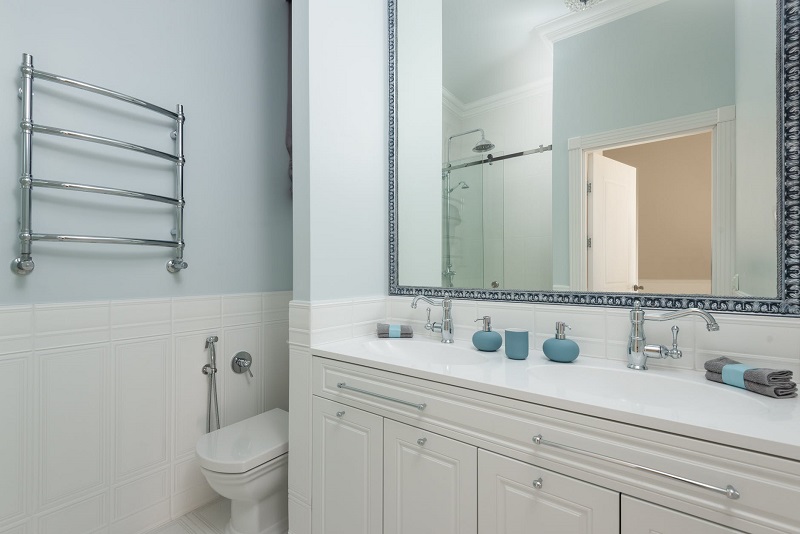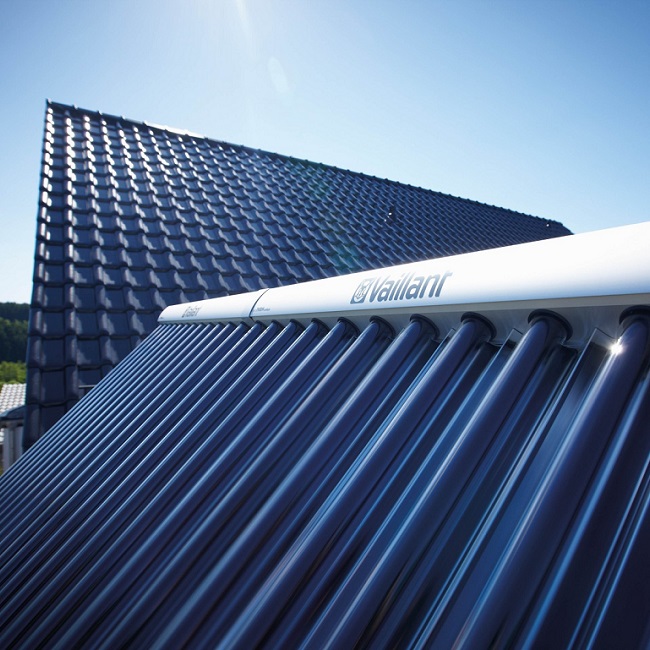Gas central heating boilers will no longer be installed in the UK by 2025. First announced in 2019, the plan is for no fossil-fuel heating systems would be installed in any domestic new build properties from 2025. The decision is part of the government’s zero-carbon by 2050 target.
Boris Johnson followed this up with a ‘Ten Point Plan for a Green Industrial Revolution’ at the end of 2020. In reference to homes and public buildings, the plan proposes: “Making our homes, schools and hospitals greener, warmer and more energy efficient, whilst creating 50,000 jobs by 2030, and a target to install 600,000 heat pumps every year by 2028.”
What does this mean for UK homeowners and home buyers?
It means that, from 2025, if your current boiler breaks down, it must be replaced with a non-gas fuelled alternative. For home buyers, this is something to consider when looking at properties with old gas boiler central heating systems, as you may need to replace it soon.
The good news is there are efficient alternatives to gas central heating boilers, many of which save you money in the long term. These alternatives are likely to become more prevalent in the next few years as suppliers begin installing them in place of gas boilers ahead of the switch.
What are the alternatives to gas central heating boilers?
There are currently four main alternatives to gas central heating. They each come with their own pros and cons and take up different amounts of physical space.
1. Air source heat pumps
These pump systems are fitted outside your property and use environmental air to generate energy for heating and hot water. Air source heat pumps extract thermal energy (heat) from the air and convert it to generate heating and hot water for your home. Heat pumps use less energy than other types of home heating, making them an economical and environmentally friendly method.
Pros
Extremely efficient
Green heating method
Save on energy bills every year
Compatible with solar panels
Cons
Large and requires outside space
Relatively high upfront cost
2. Solar thermal energy
Solar thermal technology captures sunlight and turns it into hot water. Domestic solar thermal systems work by collector panels on the roof, absorbing the radiated energy from the sun. This energy heats fluid, which is pumped around and collected in a hot water cylinder.
Pros
Eco-friendly system
Green heating method
Save on energy bills every year
Can provide the majority of hot water
Cons
Need a sun-facing roof
Secondary measure that requires another method
High upfront cost

3. Electric radiators and panels
Electric boilers are like gas central heating systems, heating up water and radiators, but powered with mains electricity. Although efficient, electric central heating isn’t CO2 neutral unless your electricity supplier is neutral, using wind power rather than fossil fuel, for instance.
Pros
Efficient system
Can heat the whole home
Compact on space
Cons
Ongoing electricity costs
Not carbon neutral unless electricity supply is
The switch away from fossil fuel powered heating systems requires some upheaval and cost, to suppliers, energy companies, the government, and households. However, it’s necessary. Plus, households can benefit from lower energy bills once measures are up and running.
How do I know which gas boiler alternative is right for my home?
It’s not a straight answer and you might need a combination of more than one measure to provide heat for the whole home. The type of house, the size and location are factors that need to be considered. The best way to find out is to get a heating engineer’s survey.
If you’d like to talk to us about your home energy, please get in touch on 0800 980 6018 or by emailing heating@basi.co.uk.












